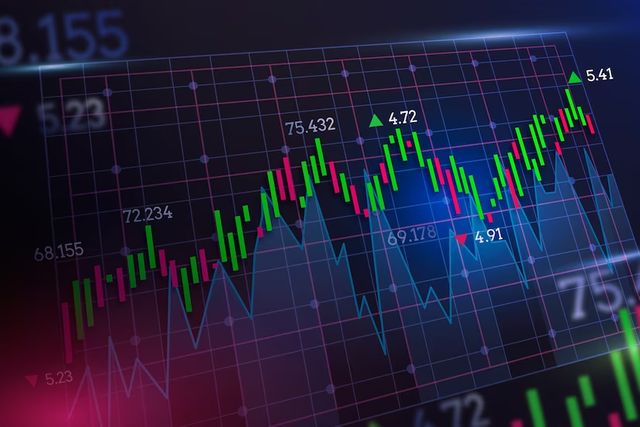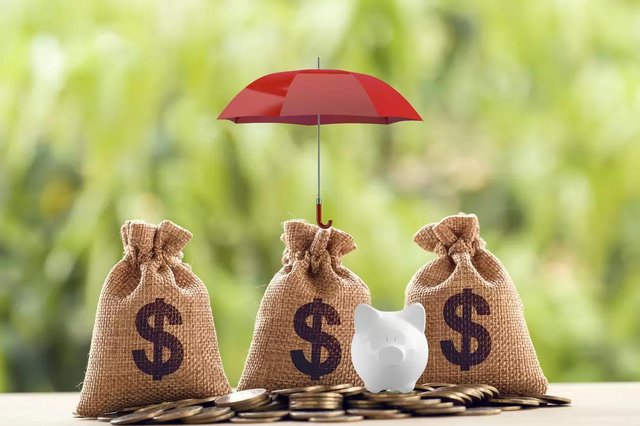How emotions like fear and greed impact market movements?
You may have noticed your pulse quickening as you watched the fall in stock market. Or perhaps the surge of excitement on your face when your investments increased rapidly overnight.

image source
Like the human body, the markets do have a heartbeat. As our hearts can fill with excitement or slow down with relaxation, the markets can also surge with plummet or optimism. But do you know who is the pacemaker behind these markets? Human emotions: particularly fear and greed play the pivotal role.
Fear: The Market's Fight or Flight Response
You are walking in a forest and suddenly you spot a wild animal in front of you. What would be your immediate reaction? Fear. It would trigger a fight or flight response. Either you would flee or confront the threat.
In the same way, in the world of finance, fear can cause the investors to run. Whenever there is a news of global pandemic, economic downfall, political unrest, fear can dangers and it leads to what most of us term as panic prevail in the market and ultimately it leads to rapid sell-offs. The investors can overreact to perceived selling. This is most common practice in the financial markets during fear.
Greed: The Alluring Siren of the Market
On the other side of fear is its equally compelling counterpart: greed. The greed is about desire, the desire of more.

image source
When the market is in an upward direction, we hear the stories of overnight millionaires and a sense of FOMO (Fear of Missing Out) can permeate the air. Everyone wants to get his share. This collective rush can increase the prices of the stock beyond their actual value and ultimately results in creating bubbles. If there are a greater number of buyers than sellers, demand increases, the price bids up to entice the sellers to sell more. But history shows that what goes up must come down.
The Yin and Yang of Emotions:
It's tempting to label fear as 'bad' and greed as 'good' or vice versa. But much like the intricate balance of yin and yang, these emotions, in moderation, serve a purpose.
Fear can be termed as a protective mechanism and it prevents the investors from making hasty decisions. On the other hand, greed can be a driving force and it propels the innovation and risk-taking. It's the excess of these emotions that can lead to market volatility.
Crypto: The New Kid on the Emotional Block:
Let's take a tour to the world of cryptocurrencies, which is the wild west of the financial realm. Here, emotions are intensified. The crypto market is a testimony to the power of fear and greed and there are stories of 500% gains and heartbreaking losses. Like our earlier discussion on human body, it is important to remember that the game remains the same; while the players might change.
Emotions play very important role in the hanging wall of the industry. They are shaping, guiding and sometimes overturning the boat. According to seasoned investors, the key is not to eliminate emotions but to understand and navigate them.
Like the words of legendary Warren Buffet, "Be fearful when others are greedy and greedy when others are fearful." It's a dance, a delicate balance of knowing when to step in and when to step back.
Whether it is stock market or the crypto world, it is crucial to understand the emotional landscape in any investment avenue. The markets might be about numbers, they are always driven by heartbeat or emotions.